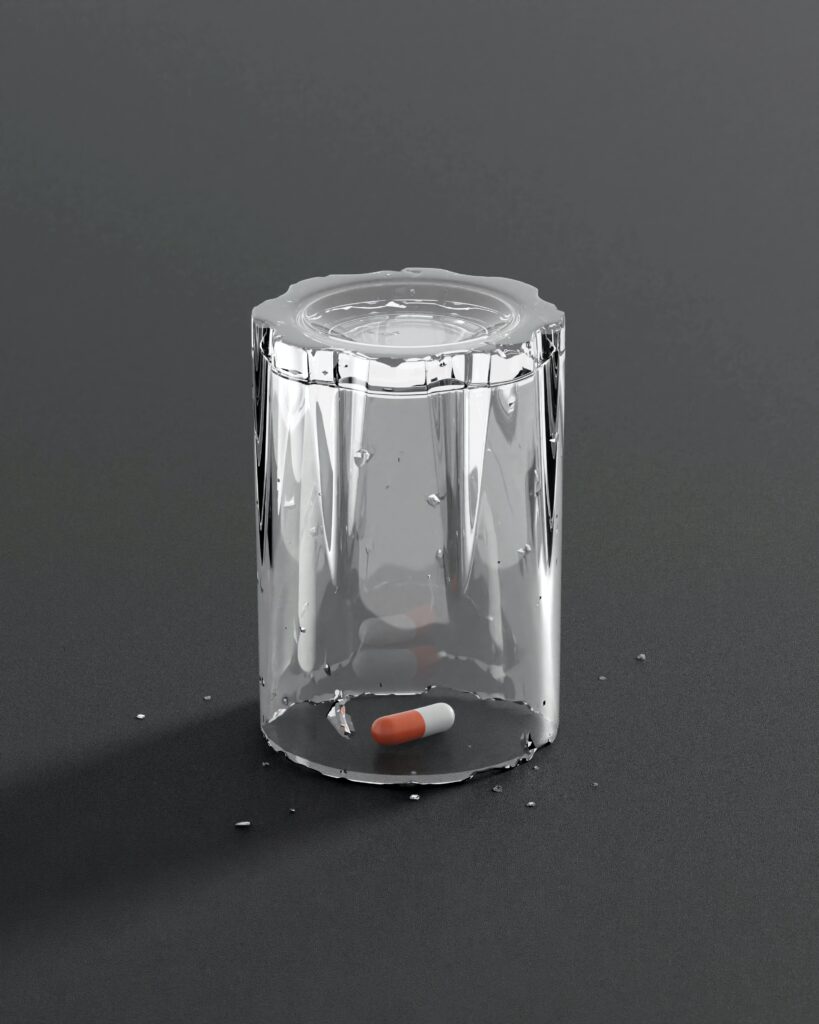
by Evolve Indy | Feb 28, 2023 | Blog
In Indiana, meth addiction is a serious problem. Despite this, there are many treatments available that can help people recover from meth addiction. In this blog post, we’ll discuss the prevalence of meth addiction in Indiana, some of the available treatment...

by Evolve Indy | Feb 28, 2023 | Blog
Addiction is an insidious disease that often slowly creeps up on an individual. It can start by experimenting with drugs or drinking alcohol after a hard day, slowly building up to using drugs or drinking alcohol daily, and then developing a tolerance and dependence...

by Evolve Indy | Feb 26, 2023 | Alcohol Addiction, Alcohol Treatment, Educational Resource
While valium can be helpful for those who need it, it can also be addictive if used improperly or for an extended period. This article will be beneficial for identifying valium addiction symptoms and available treatments. Understanding the signs and seeking help can...

by Evolve Indy | Feb 24, 2023 | Alcohol Addiction, Educational Resource
Chronic alcoholism is a serious issue affecting millions of people worldwide. Many have this addiction but struggle to overcome it alone. According to the World Health Organization (WHO), an estimated 3 million deaths each year are directly attributed to alcohol...

by Evolve Indy | Feb 22, 2023 | Alcohol Addiction, Blog, Drug Addiction, Educational Resource
Alcohol abuse and addiction are prevalent issues in many communities. The National Survey on Drug Use and Health (NSDUH) reveals that in 2019, an estimated 14.5 million adults aged 18 or older had Alcohol Use Disorder (AUD) in the past year. This statistic highlights...






